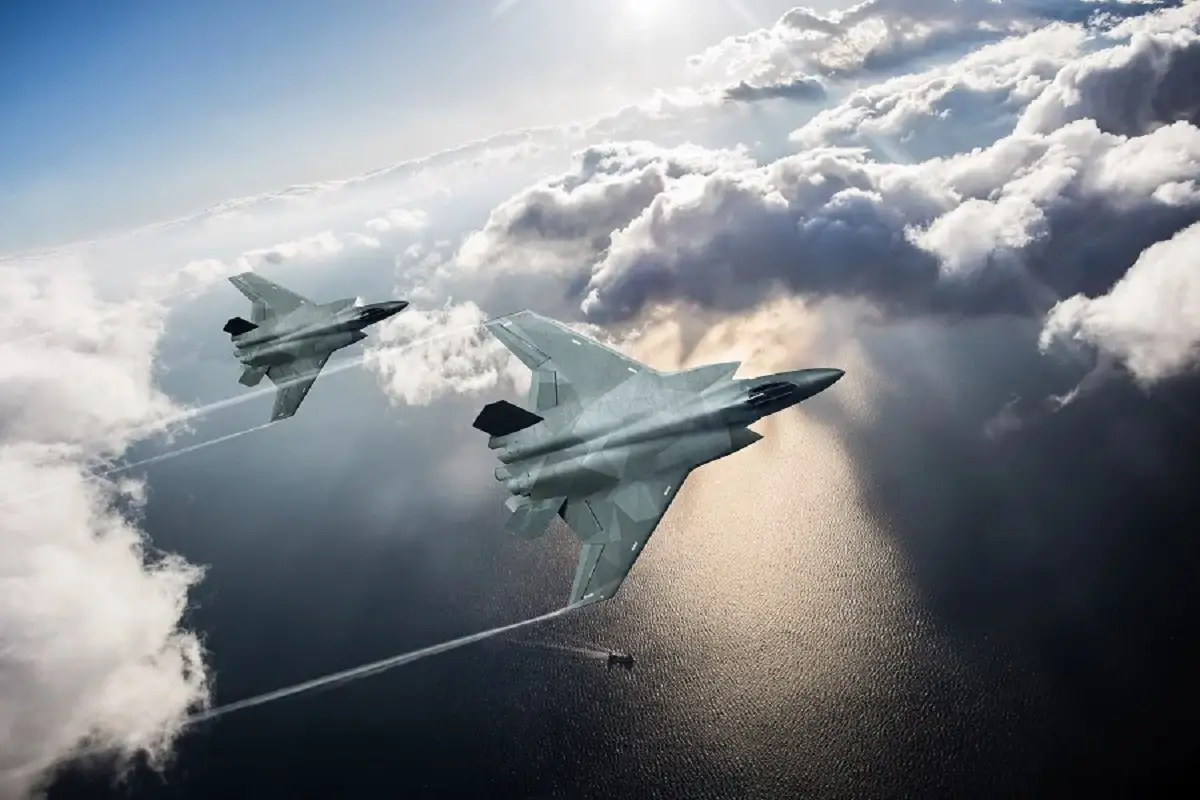Defence industry leaders in the UK, Japan and Italy have agreed a trilateral Collaboration Agreement to deliver the concept phase requirements of a next generation combat aircraft for the Global Combat Air Programme (GCAP). GCAP is a strategically important partnership between the UK, Japan and Italy, which brings together the three nations and their respective industries to collaborate on shared military and industrial objectives in the delivery of a truly next generation combat aircraft in 2035. The agreement between BAE Systems (UK), Mitsubishi Heavy Industries (Japan) and Leonardo SpA (Italy) reflects positive momentum and strong trilateral cooperation, and will involve the industry partners maturing integration, collaboration and sharing of information towards the next phase of GCAP. The Collaboration Agreement supports ongoing discussions to set out long-term working arrangements and maturity of the concept and capability requirements for the next generation combat aircraft.
Guglielmo Maviglia, Director GCAP Programme, Leonardo SpA, said: “This trilateral collaboration on the programme, for the development of a next generation system, represents the flagship of the distinctive capabilities and disruptive technologies that the partners of the three nations will share, in an innovative way, for the success of the programme. Participation in DSEI London fits perfectly into our progress of the collaboration and consolidates more than ever the strong ties created between the partner companies of Italy, the UK, and Japan. In this context, we are particularly proud to be able to contribute to the future and the prosperity of the generations to come with significant implications for security and technological development, as well as in the field of research and innovation in the aerospace and defence sectors.”

Hitoshi Shiraishi, Senior Fellow, GCAP, Mitsubishi Heavy Industries, said: “We are truly honoured to be part of GCAP and will bring all of our considerable knowledge accumulated through previous programmes to the table. The Collaboration Agreement is one of the key steps to ensure our mutual success. We have already started cooperating closely with our UK and Italian partners and believe that our mix of cultures and diverse perspectives will contribute to the success of this programme.”
Herman Claesen, Managing Director, Future Combat Air Systems, BAE Systems, said: “We have maintained a high tempo of engagement with our industrial and government partners in Italy and Japan since the launch of GCAP. The Collaboration Agreement signals the strong alignment across all three nations to meet common goals and objectives on the programme to deliver a truly international, next generation combat aircraft.”
The Global Combat Air Programme (GCAP) is a multinational initiative led by the United Kingdom, Japan, and Italy to develop a sixth-generation stealth fighter. The programme aims to replace the Eurofighter Typhoon in service with the Royal Air Force and the Italian Air Force, and the Mitsubishi F-2 in service with the Japan Air Self-Defense Force. GCAP is a hugely significant programme for the security, political and economic prosperity of each nation and through effective knowledge and technology transfer will help to evolve and deliver important sovereign combat air capability in each nation for generations to come. On 9 December 2022, the governments of Japan, the United Kingdom, and Italy jointly announced that they would develop and deploy a common fighter jet, merging their previously separate sixth-generation projects: the United Kingdom-led BAE Systems Tempest, and the Japanese Mitsubishi F-X. At the end of December 2022, Japan and Sweden signed an agreement on possible future cooperation.












